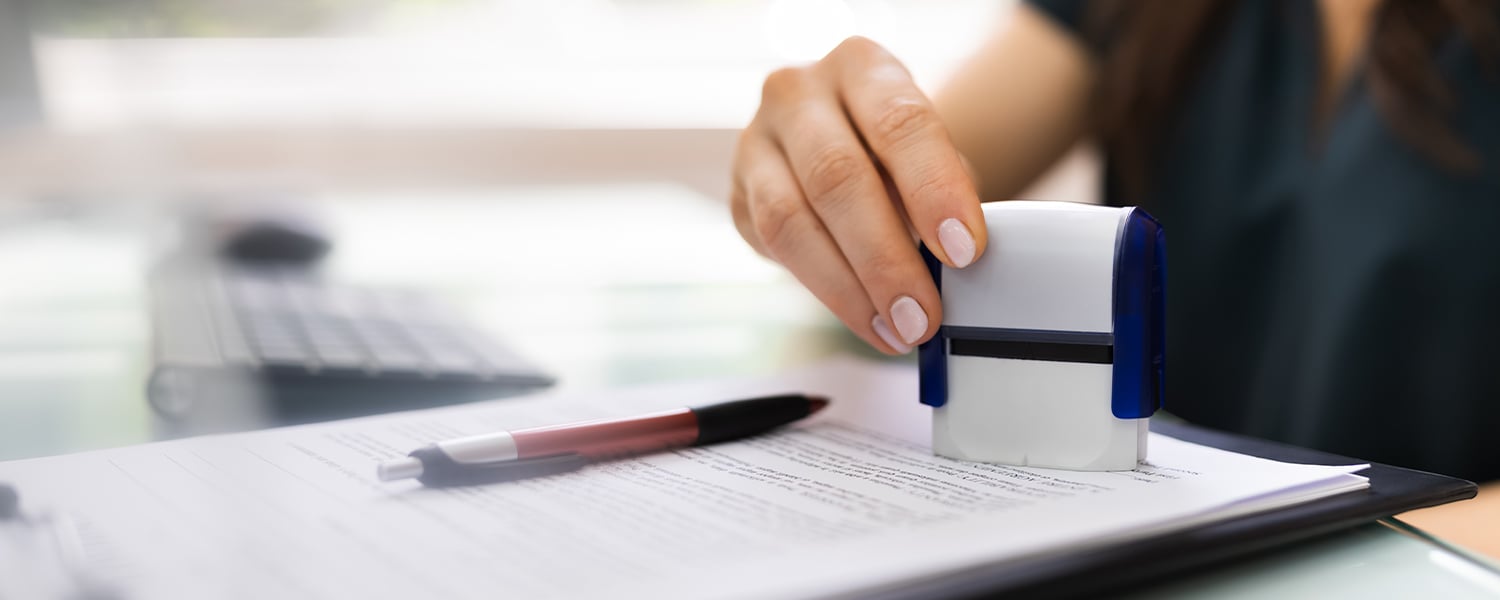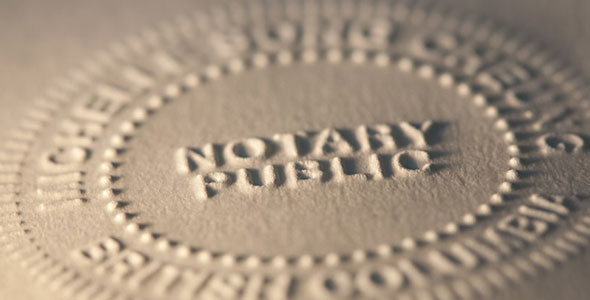Demystifying Notarial Job: Streamlining the Duty and Importance of Notaries
Their duty, typically shrouded in mystery for many, carries substantial weight in guaranteeing the credibility and honesty of essential records. By untangling the complexities surrounding notarial techniques and shedding light on the relevance of their acts, a clearer understanding emerges of the vital role notaries play in supporting the fabric of lawful and legal agreements.
The History of Notarial Job
The history of notarial work dates back to ancient people, where scribes played a critical duty in recording crucial info and confirming papers. This led to the growth of notaries, people appointed by the state to act as impartial witnesses in legal matters.
Throughout the Middle Ages, notaries acquired importance in Europe, with their functions increasing to consist of preparing legal files, certifying trademarks, and maintaining records. The rise of international trade additionally highlighted the value of notarial operate in verifying agreements and contracts throughout borders.
In the modern age, notaries proceed to play a crucial function in lawful and business deals by confirming identities, verifying the authenticity of papers, and preventing scams. Their duty in certifying the legitimacy of agreements includes a layer of safety and depend the ever-evolving landscape of business and law.

Tasks and Duties of Notaries
Notaries play a vital role in validating the authenticity of records and the identity of signatories. One of their primary duties is to witness the finalizing of crucial records, such as agreements, acts, and wills, to guarantee that all parties are entering into agreements purposefully and voluntarily.
They certify duplicates of original documents, providing assurance to establishments that the copies are true replicas of the originals. Generally, the responsibilities and obligations of notaries are essential in guarding the honesty and legality of various files and purchases - DIRCO.
Notarial Certificates and Signatures
Exemplifying meticulous attention to information, notarial certificates and trademarks work as crucial parts in verifying the authenticity of legal documents. Notarial certifications normally contain critical details such as the day of registration, the names of the notaries, a summary of the document, and the notary's main seal. These certificates supply a clear record of the notarial act, making sure that the record can be quickly recognized and mapped back to the notary that supervised the process.
Trademarks play a crucial role in notarial work, as they signify the arrangement and approval of the parties included. Notaries carefully witness the signing of documents to verify the identity of the signatures and validate that they are authorizing of their own free choice. By affixing their official seal and signature to the file, notaries certify that the required procedures have actually been followed and that the document is legitimate and enforceable.
Basically, notarial certificates and signatures are the trademark of credibility in lawful deals, providing guarantee to all parties involved that the records get more are legitimate and binding.
Significance of Notarial Acts

Registration Refine Described
The notarization procedure commonly begins with the private offering the record to a notary read more public. As soon as the identity is confirmed, the notary guarantees that the individual signing the document does so willingly and without any kind of threat.
:max_bytes(150000):strip_icc()/GettyImages-598314157-cb6389c9e28f4c1aaf002263febab019.jpg)
Final Thought

Notarial certificates normally contain essential info such as the date of registration, the names of the signatures, a description of the document, and the notary's main seal. These certifications offer a clear document of the notarial act, ensuring that the document can be quickly identified and traced back to the their explanation notary that managed the procedure.
By attaching their main seal and trademark to the document, notaries license that the necessary treatments have been complied with and that the record is legitimate and enforceable.
By confirming the identification of the signatories, confirming their desire to get in right into the arrangement, and certifying the date and location of the signing, notaries play an important duty in upholding the legitimacy of legal documents.After the document is signed, the notary will certainly affix their main seal or stamp onto the record.